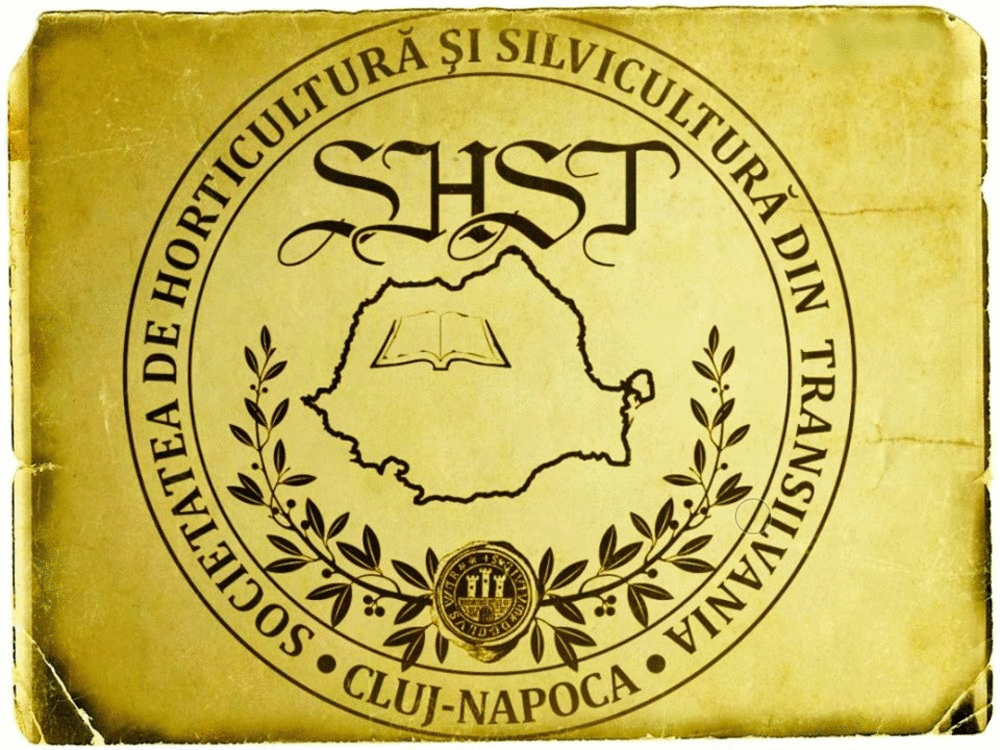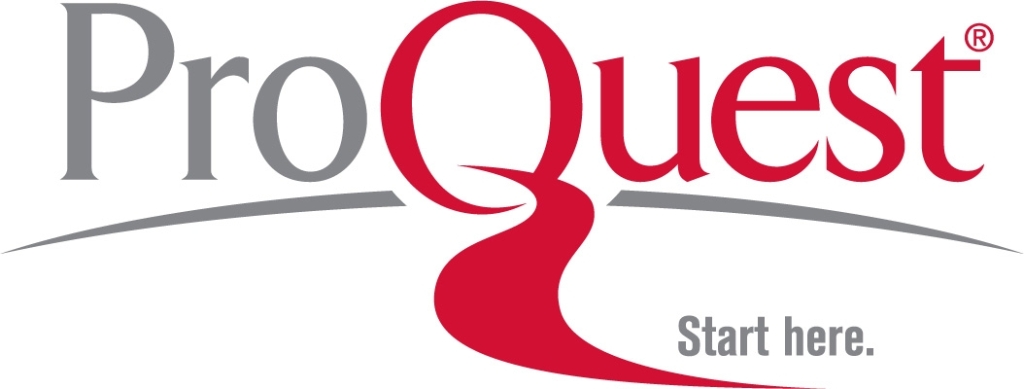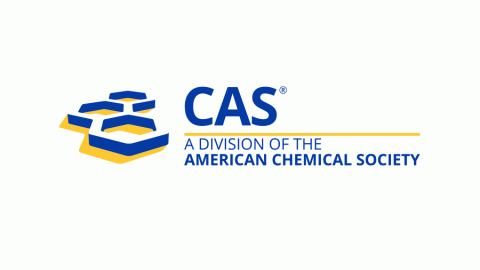Germination and Seedling Properties of Different Wheat Cultivars under Salinity Conditions
DOI:
https://doi.org/10.15835/nsb336118Abstract
Salinity effects were evaluated on seed germination and seedling growth of four bread wheat cultivars (Triticum aestivum L.) including ‘Taro’, ‘Shoa’, ‘Chamran’ and ‘S-78-11’. The seeds were subjected to four levels of electrical conductivity (EC) 0.0, 4.0, 8.0 and 12.0 ds m-2. The measured factors consisted of germination percentage, speed of germination, shoot and root dry weight and shoot and root lengths. The experiment was arranged as split plot based on randomized complete block design (RCBD) with three replications (NaCl levels as main plot and cultivars as sub-plots). By increasing NaCl concentration, seed germination delayed and decreased in all cultivars. The lowest germination percentage took place in ‘Shoa’ cultivar and the highest germination in ‘S-78-11’ cultivar. The largest shoot length was observed in the control (no salt) condition. Increasing NaCl concentrations adversely affected plumule and radicle dry weight in each cultivar; shoot dry weight fluctuated by varying NaCl concentrations. The lowest value found in ‘Shoa’ cultivar. Regarding the relationship between speed of germination and seed vigour, salt stress decreased seed vigour of wheat cultivars. ‘S-78-11’ was a superior cultivar under all salinity levels.
Metrics
Downloads
Published
How to Cite
Issue
Section
License
Papers published in Notulae Scientia Biologicae are Open-Access, distributed under the terms and conditions of the Creative Commons Attribution License.
© Articles by the authors; licensee SMTCT, Cluj-Napoca, Romania. The journal allows the author(s) to hold the copyright/to retain publishing rights without restriction.
License:
Open Access Journal - the journal offers free, immediate, and unrestricted access to peer-reviewed research and scholarly work, due SMTCT supports to increase the visibility, accessibility and reputation of the researchers, regardless of geography and their budgets. Users are allowed to read, download, copy, distribute, print, search, or link to the full texts of the articles, or use them for any other lawful purpose, without asking prior permission from the publisher or the author.













.png)















